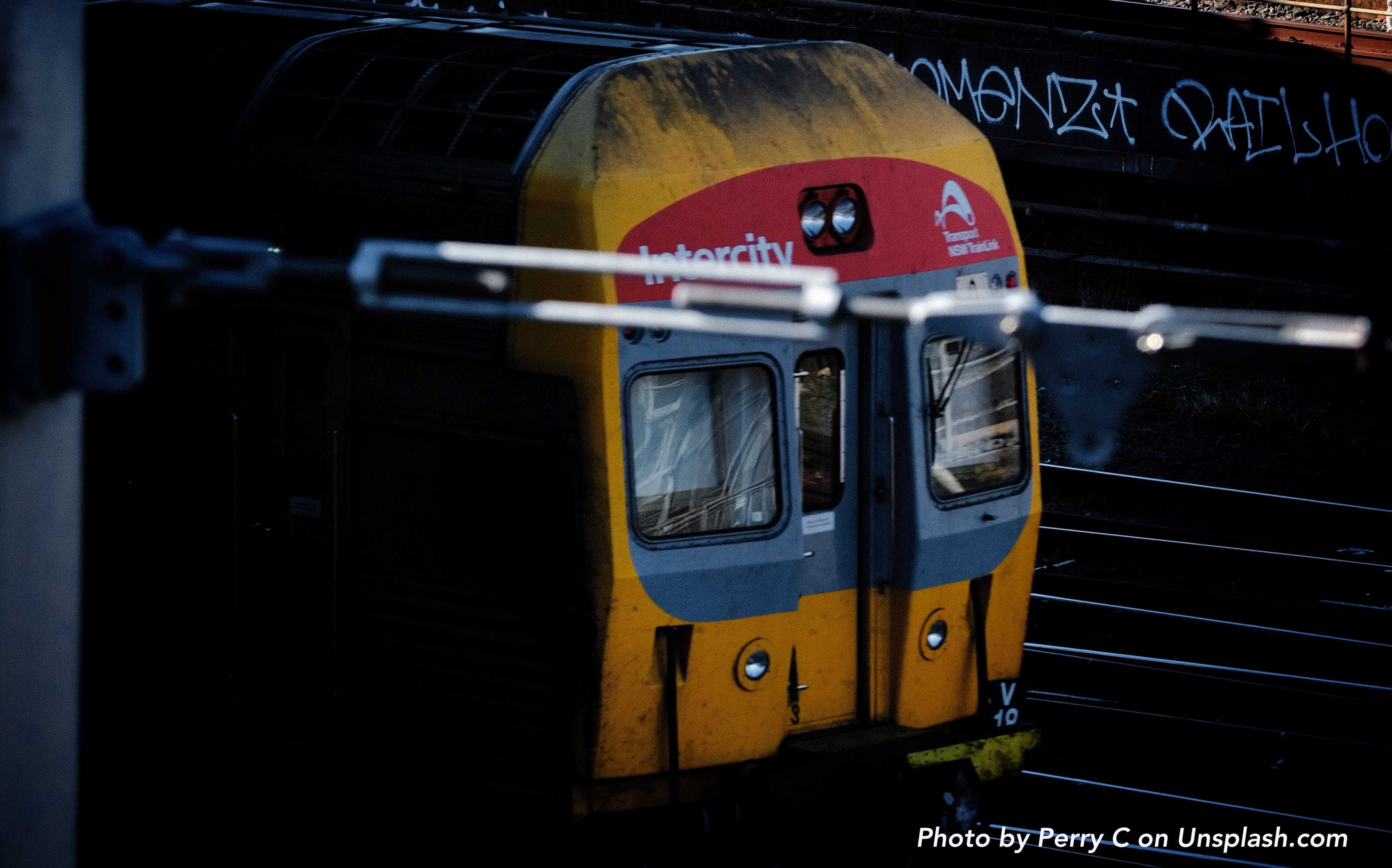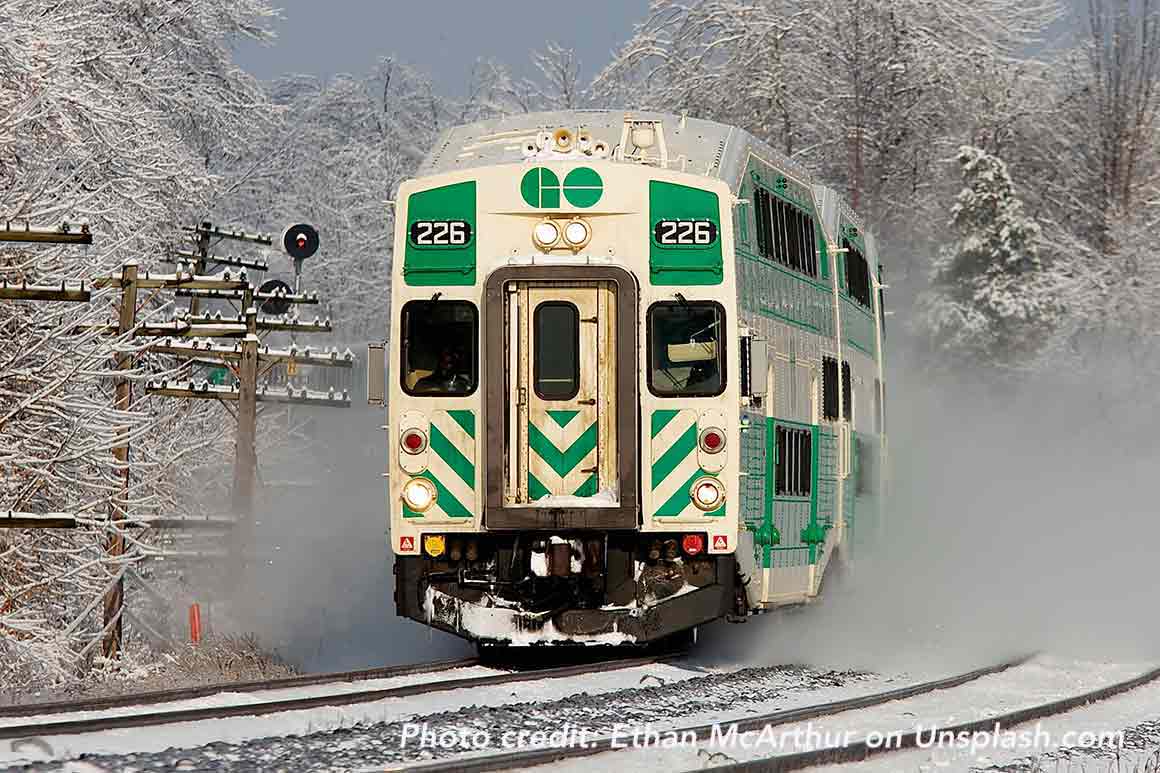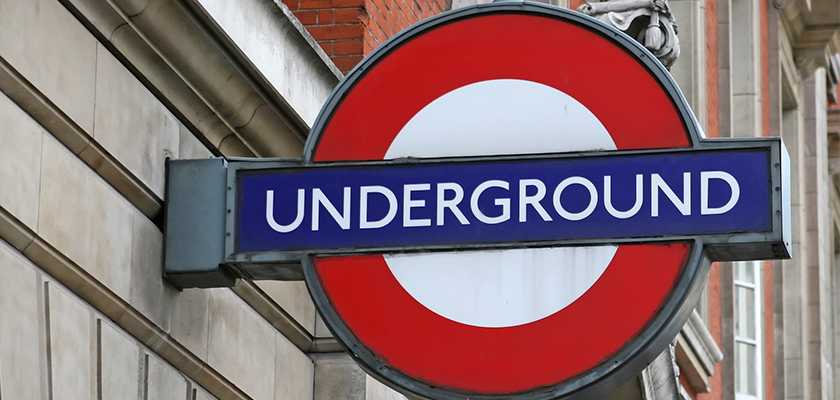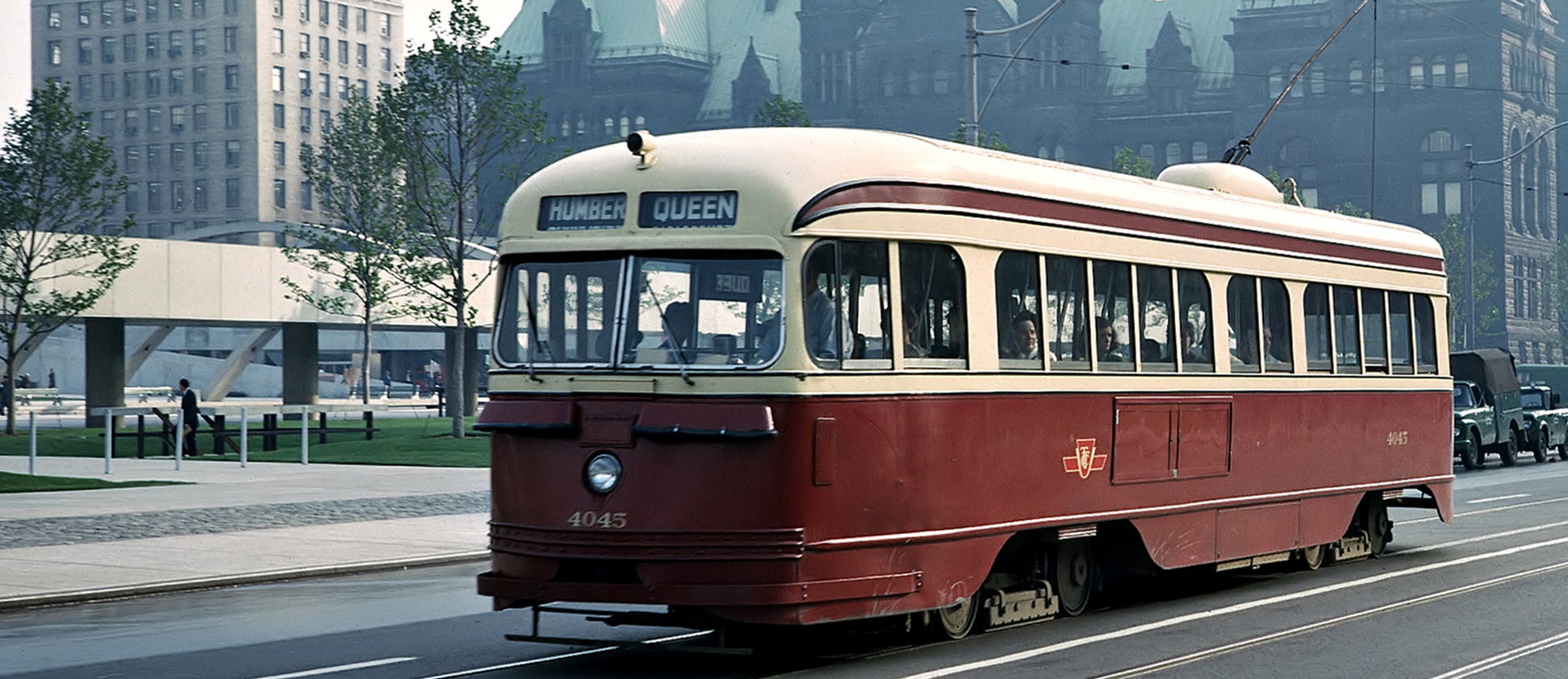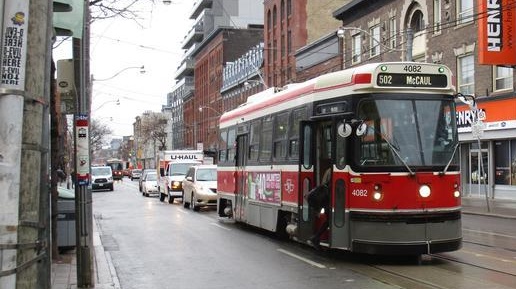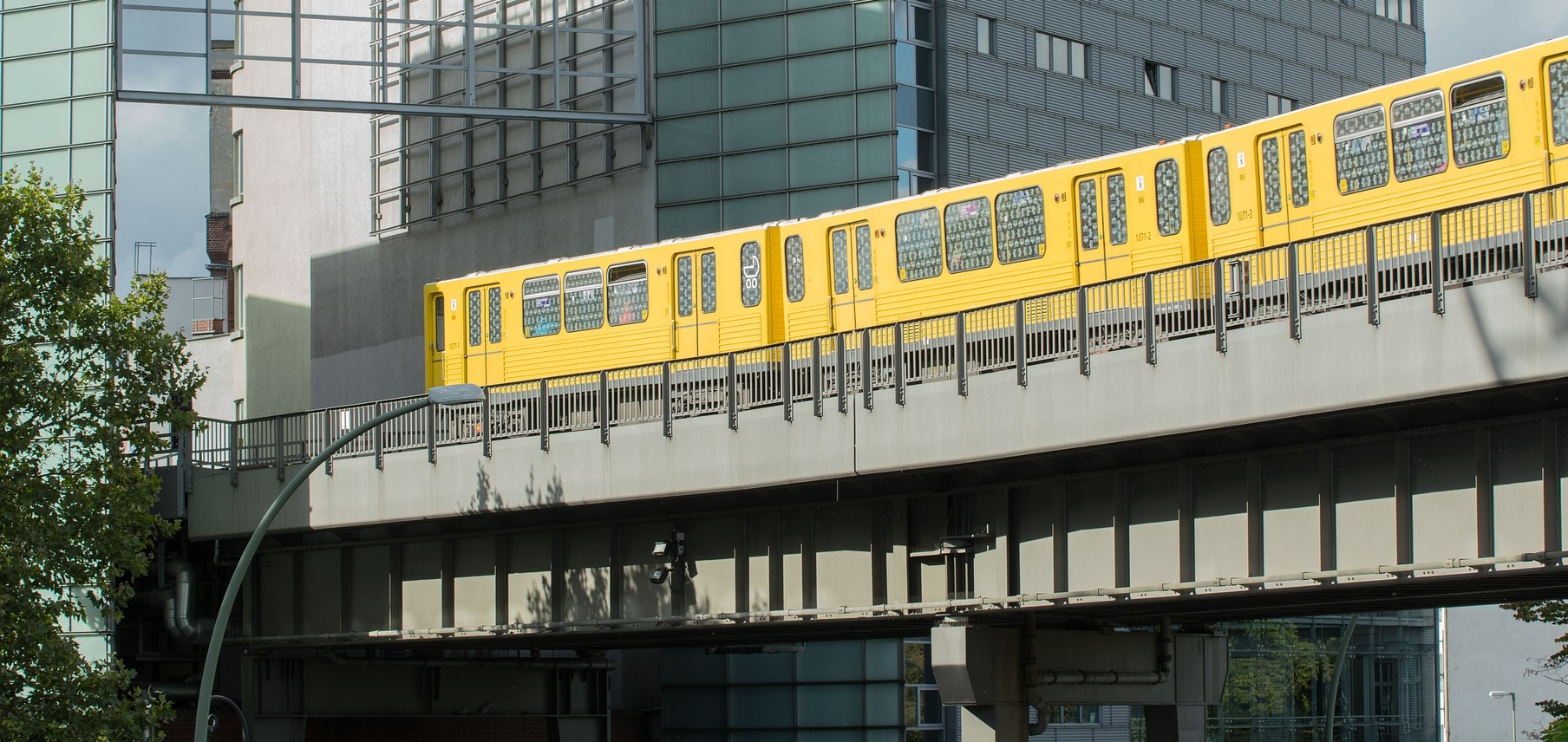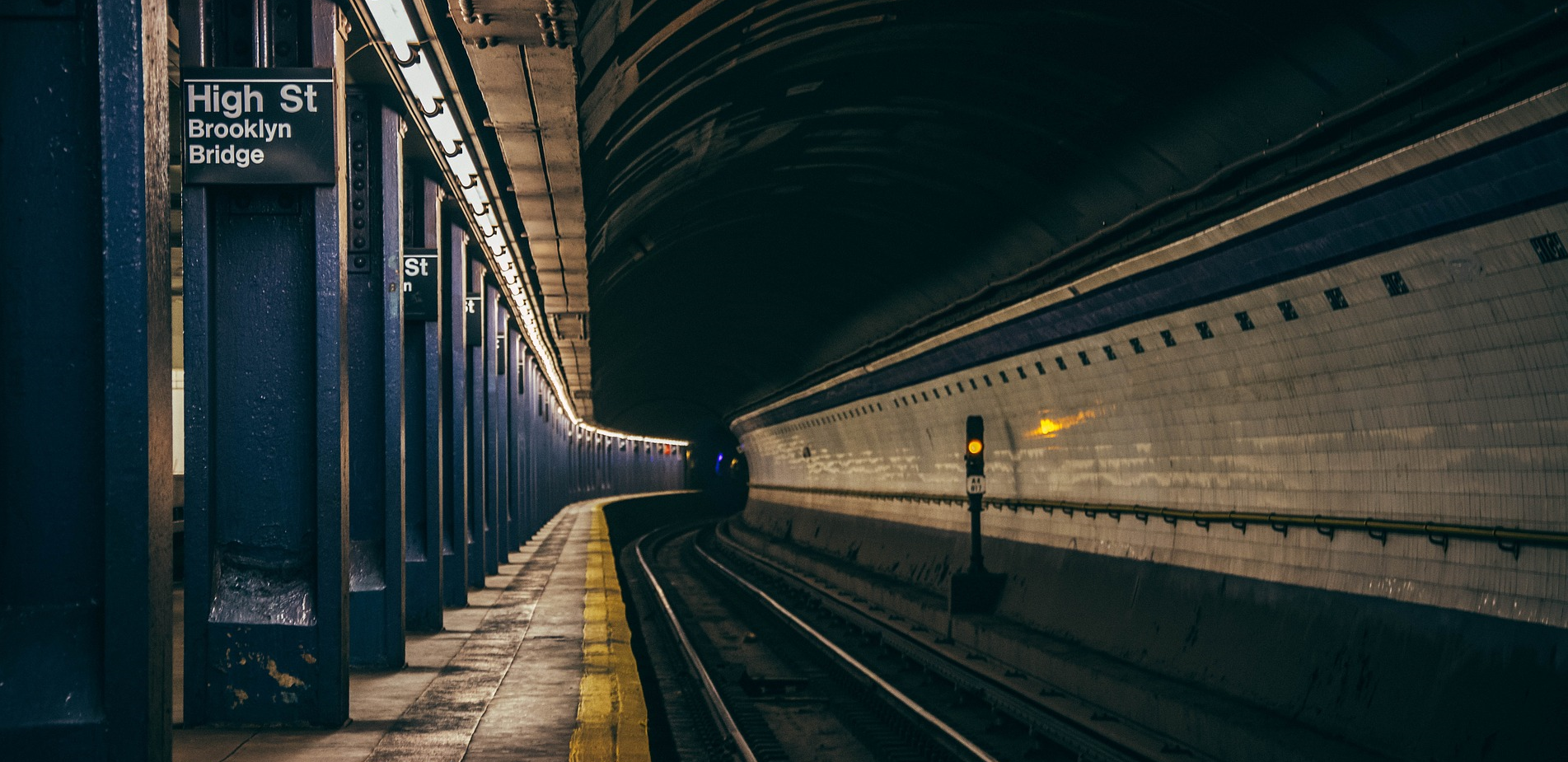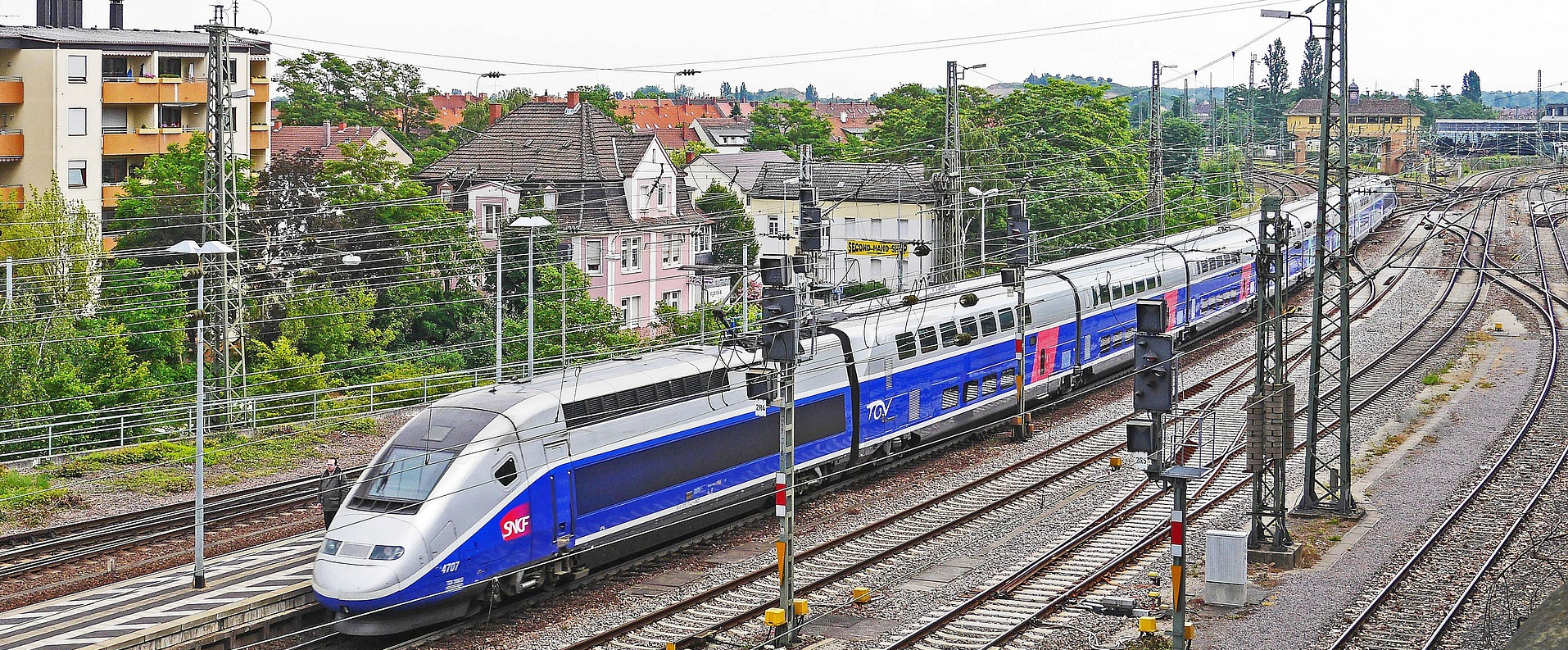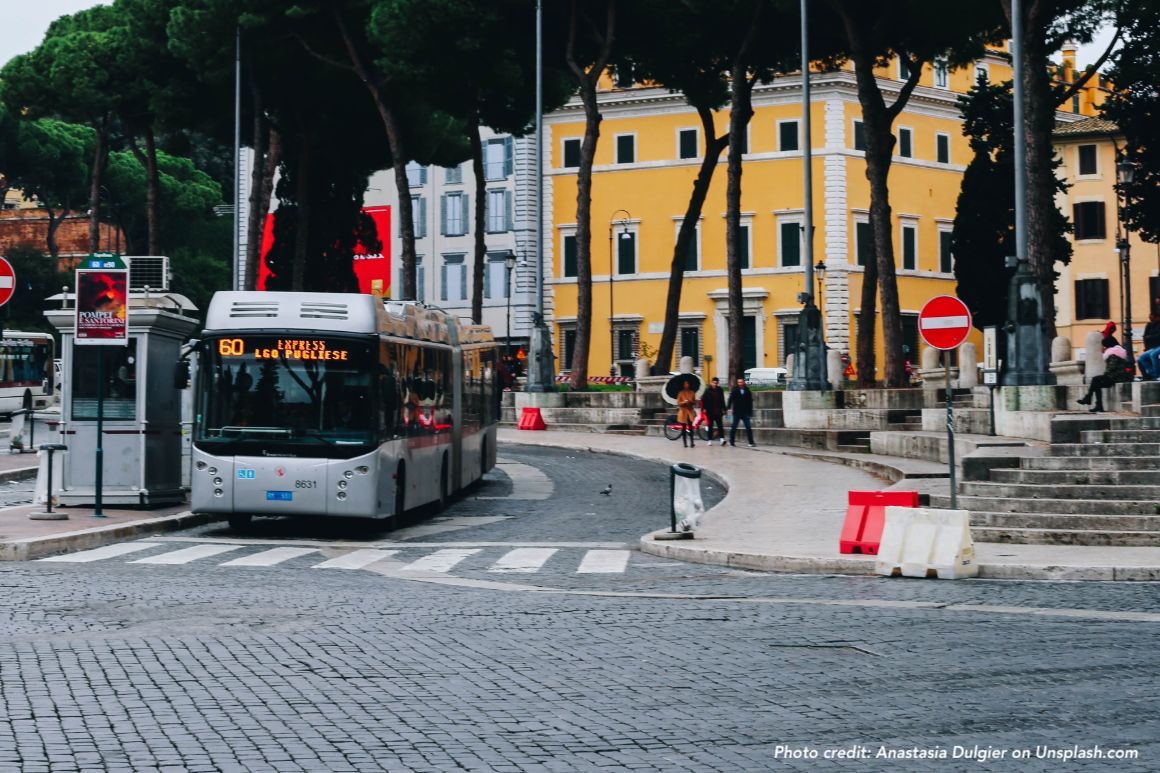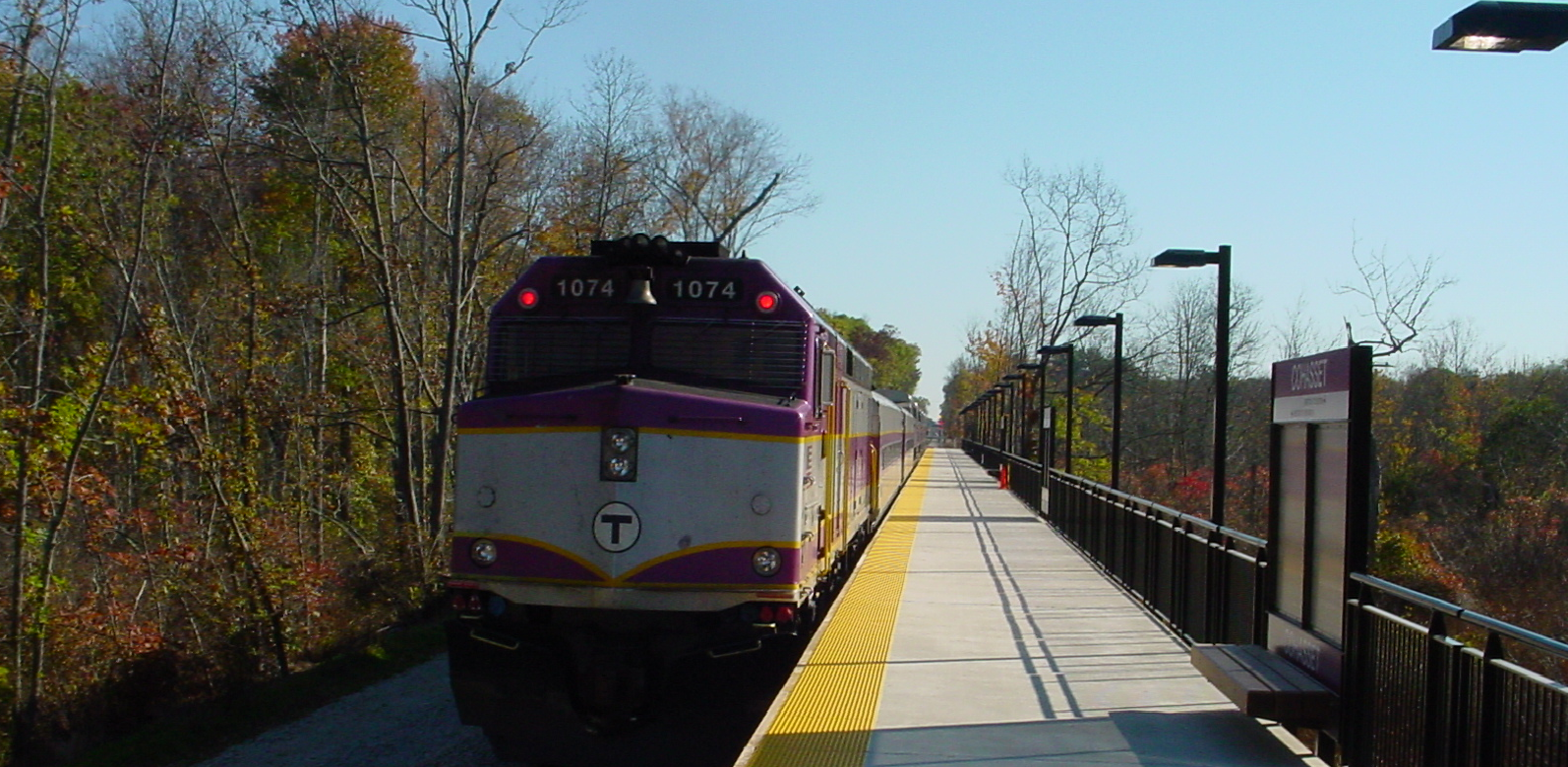Transport for New South Wales (TfNSW) released new fare evasion figures. Reports show that the highest fare evasion rate has been on the Hunter line – at 13.6% over one year, equaling to revenue losses of about $351.000. TfNSW issued $1.4m in fines on this line from June 2018 to May 2018. In total,...
Transport for New South Wales takes tougher measures to reduce fare evasion
Metrolinx to save 3.75M by tackling fare evasion in 2019-2020
Fare evasion is lower in Canada compared to other parts of the world but a recent report indicates 15M loss yearly
Ontario’s Regional Transportation Agency Metrolinx has recently reported that it aims to save as much as 3.75M in 2019-2020 by taking a stricter stance on fare evasion on its network. This would amount to about 25% reduction in fraudulent incidents. As cited by the agency, most of the incidents happen on the Go Transit system...
Fare evasion costs TfL £100m a year
This figure is almost £15m higher than previous estimates in 2016
Transport for London (TfL) is losing £100m to fare evasion yearly. People skip the fare in a wide range of ways from failing to tap the Oyster card in and out to using fake cards. Consequently, it is the first time the annual loss to fare dodging reaches a three digit number. The last...
TTC lost $61M to fare evasion in 2018
Auditors general’s report shows fare evasion costed three times more than the Canadian agency previously said and proposes 27 recommendations to fix the situation
Toronto Transit Commission’s prolonged fare evasion issue does not seem to improve. In 2018, TTC lost $61M to fare evasion, according to Toronto’s auditor general report. This figure implies 5.4% of total passengers skipped the fare. It also triples the estimate the agency has consistently defended over time. The bus is the public transport...
More transit inspection to combat fare evasion at TTC
The transport agency also suggests a 10% fare hike to meet capital needs and sustain operations
Toronto Transit Commission (TTC) is estimated to lose $50 million annually to fare evasion. An internal report made public a year ago suggested that the fare evasion rate was 4.4% instead of the official 2% figure. It also stated that a 2% reduction of this rate would save the agency more than $29 million...
Punishment-free fare evasion in Berlin?
Investigation and punishment of fare evasion is “a waste of resources” according to the city’s Attorney-General
Decriminalizing fare evasion in public transport is becoming a tendency. Many cities in the United States have recently moved from court citations to administrative fines to speed up the judicial process. Now, Berlin suggests switching to a fully punishment-free system. Currently, fare evasion is a crime with potentially significant consequences such as large fines...
MTA loses $215 million to fare evasion
Some people blame the new policy that stops the prosecuting fare dodgers, others the fall in ridership due to the system’s failures
The Metropolitan Transport Authority (MTA) in New York expects to lose $215 million to fare evasion in 2018. This is double the amount lost in 2015. The transport agency estimates fare dodgers in buses cost $119 million. People who jump the turnstiles amount to $96 million loses. According to MTA officials, paying bus ridership...
SNCF intensifies its anti-fraud strategy
The French operator will deploy mobile teams of 2 to 8 agents at trains and stations in Occitanie to reduce its 11% fare evasion rate
Fare evasion rate in SNCF Occitanie trains is 11%. This amounts to an annual loss of 8 million euros, equivalent to a TER of last generation. In order to tackle this issue, the French operator will reinforce its anti-fraud strategy. Starting December 9th, SNCF will set up a new customer service organization at stations...
Fare evasion crackdown in Rome
Rome's public transport operator ATAC issued a record 16,000 fines in one month
Rome’s public transport agency ATAC is running a new round of ticket checks aimed to reduce fare evasion rates on its fleet of vehicles. Since the start of the year controllers have verified around 2 million passengers, 8,5% more than last year. In a new coordinated effort in September 2018, the agency issued a record...
MBTA postpones fare gates deployment in commuter rail platforms
The Massachusetts Bay Transportation Authority will wait until 2021 to make it coincide with the installation of the all-electronic payment
The Massachusetts Bay Transportation Authority (MBTA) is postponing its plan to install new fare gates in commuter rail platforms. The reason is the all-electronic payment system scheduled for 2021. The transport agency believes it makes more sense to wait and deploy both systems at the same time. Fare gates were scheduled for early this...
